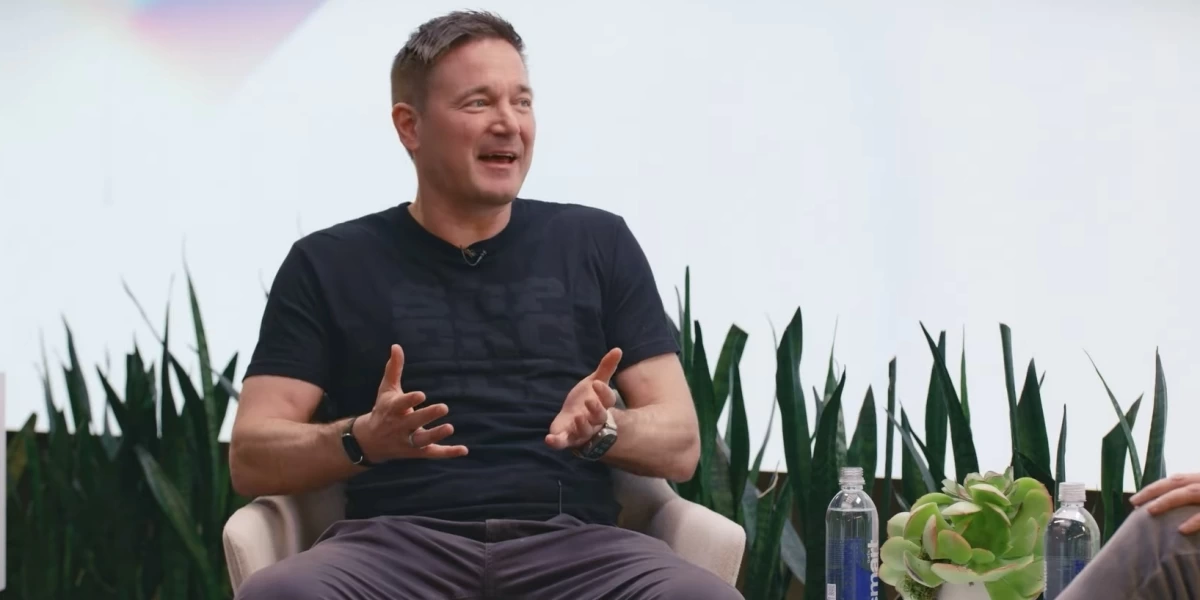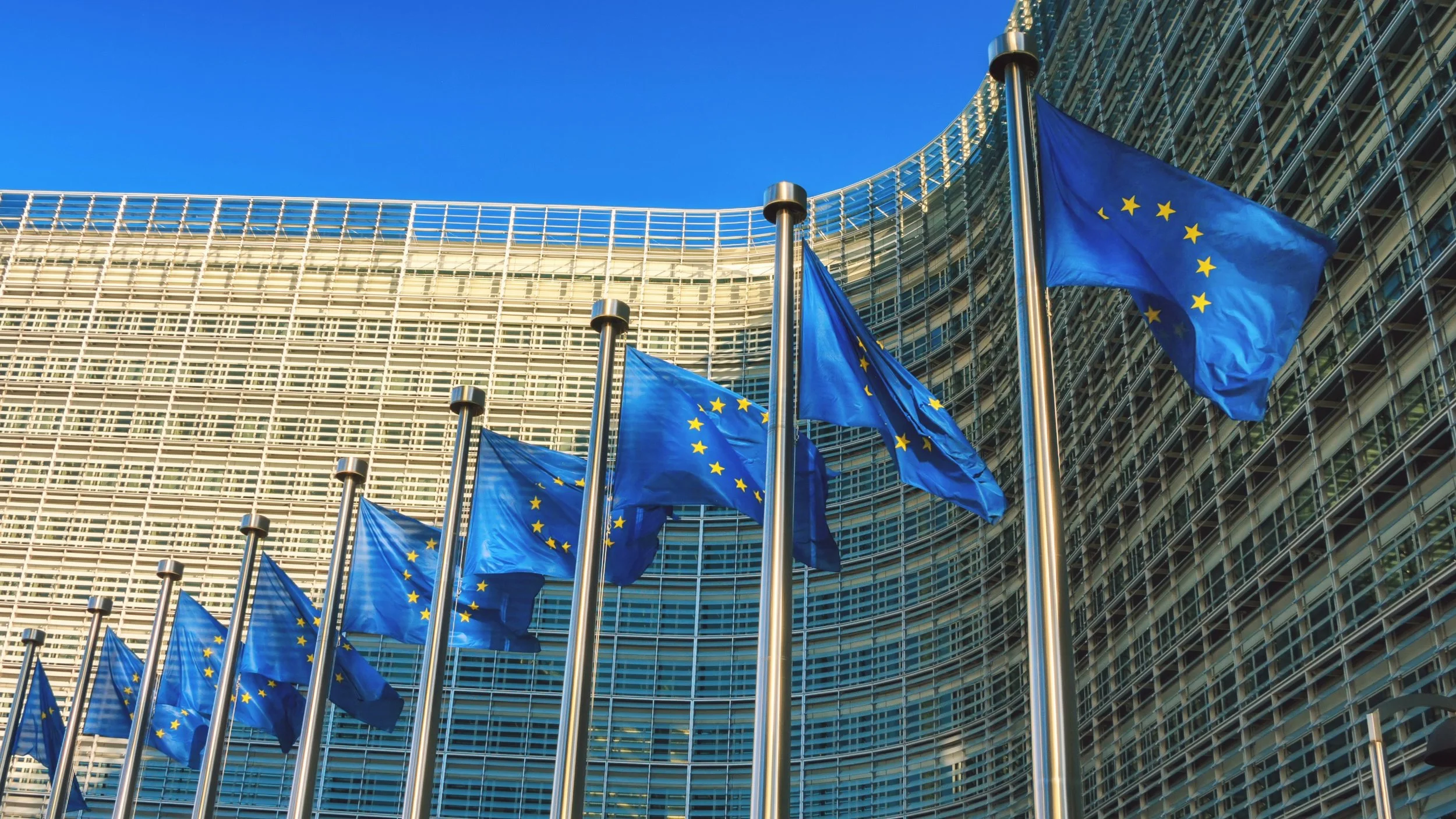Supercell vs. EU: How Europe Risks Killing Its Golden Goose
It’s rare for Ilkka Paananen, Supercell’s famously “least powerful CEO in the world”, to raise his voice, but this week he did, with an open letter to the faceless regulators of Brussels: Don’t kill Europe’s latest great tech success story.
The EU’s new Digital Fairness Act and CPC Guidelines would treat in-game currencies like Clash gems or Candy Crush gold as financial instruments, forcing confirmation screens and parental re-approvals on every soft-currency spend.
It’s a bureaucratic overreach that could make free-to-play games literally unplayable, wiping out not only billions in revenue and taxes a year but also causing massive collateral damage to third-party providers and ad tech companies. Not to mention all the would-be founders that gaming companies have given their launching pad for.
To be fair, the regulators’ intent isn’t evil. Free-to-play games do blur the line between fun and finance; some oversight for minors makes sense. Killing it in the name of “fairness” while social media, gambling, crypto, and betting apps run free isn’t protection. This can only be categorized as self-sabotage, which, unfortunately EU is best known for.
Amidst it all, one has to respect the irony here.
The letter follows Ilkka’s and other prominent European investors’, such as the powerful Harry Stebbings, relentless “Project Europe” campaign touting the continent as a hotbed for innovation and startups.
Ilkka Paananen, CEO and co-founder of Supercell, has taken the lead as the defender of free-to-play games. A bold move that everyone should recognize and appreciate. Where are the other founders and executives?
What’s Actually Happening
Two new policy initiatives, the Digital Fairness Act and the Consumer Protection Cooperation (CPC) Guidelines, are set to redefine how in-game monetization works.
On paper, they sound noble: ensuring transparency, consent, and protection for “vulnerable consumers.”
In practice, they threaten to turn every soft-currency purchase into a regulated financial transaction.
Under the proposal, gems, gold, and elixir, all the building blocks of free-to-play economies, could be classified as digital money, subject to the same rules as Bitcoin.
That means every time you spend your in-game coins, you could face extra confirmation screens, euro-denominated pop-ups, and possibly parental re-authorization.
As Paananen puts it:
Imagine a theme park where parents must sign a waiver every time a child uses a ride token.
That’s not consumer protection, that’s bureaucratic overreach, and it’s hard to describe as anything other than an attempt to end freemium games as we know them.
Why the Regulators Aren’t Wrong
Let’s be clear: the EU’s intent isn’t evil. The Digital Fairness Act is born out of a genuine unease, a slow-burning cultural anxiety about what free-to-play has become. Because when you strip the marketing away, the F2P model is psychology turned into product design.
It trades in the currency of human behavior: attention, compulsion, reward. It’s frictionless, yes, but sometimes too frictionless.
Loot boxes blur the line between play and chance. Energy systems manipulate time scarcity. “Limited-time offers” exploit FOMO. Ever ever-increasing amount of currencies disguises cost. LiveOps teams run experiments not on mechanics, but on human impulse.
The result? A generation raised on dopamine loops that feel like training wheels for gambling. Not every game is exploitative, but the mechanics rhyme.
As Eric Kress said on the latest TWIG episode:
Free-to-play is a training ground for monetization, desensitizing players from the dopamine rush that comes from real gambling.
He’s half-joking, but only half.
So yes, the regulators have a point. Parents are right to be uneasy when 9-year-olds link their Apple IDs to a Supercell account and beg for Brawl Pass once again. And policymakers are right to ask whether kids need financial literacy to play a mobile game.
In their mind, they’re not killing games; they’re saving children. It’s just that they’re doing it with a sledgehammer instead of a scalpel. And the collateral damage of this regulation will be counted in tens of billions annually.
Will EU regulators change their minds with entrepreneurs like Ilkka citing clear financial harm their action will do? That is highly unlikely. Most EU states are in an uncontrolled debt spiral. Fiscal responsibility is clearly not a button to press for attention. The game industry needs to invest in lobbying and campaign financing over open letters and social posts.
What the Regulators Miss: The Miracle of Free-to-Play
If you zoom out from the moral panic, free-to-play is also one of the most democratizing business models ever invented.
It turned gaming from a niche hobby into a universal pastime. Before F2P, only those who could pay up front could play. After F2P, anyone with a phone could.
Billions of players got access to high-quality games for free, funded by the small fraction of players willing to pay for speed, style, or status.
That’s not evil; that’s alignment. Or equitable, as I imagine some of us with blue hair might say. Whatever it is, it worked.
It built studios that became national champions, Supercell, King, Playrix, Rovio, Outfit7, Small Giant, and Minecraft turned Europe into a global gaming powerhouse. Together, they’ve generated over $100 billion in lifetime revenue, paid billions in taxes, and spawned hundreds of spin-offs, startups, and creative careers.
Ilkka’s open letter isn’t about defending monetization, it’s about defending innovation.
Because when you force every free-to-play loop through a legal pop-up, you’re not just punishing bad actors. You’re erasing the very frictionless design that made this and adjacent industries thrive.
It’s not that the EU is against games. They just want to defend the consumer from the “addictive design of digital services”. In the process, they will wipe out an entire industry, driving innovation and tax revenue. Former German Chancellor Angela Merkel is attending Gamescom, Cologne.
Philosophical Musing: Europe’s Fears Its Own Success
Regulating games for minors makes perfect sense. Children are vulnerable, impulsive, and less capable of understanding the real cost of virtual goods.
Add parental approval, spending caps, clear consent, fine.
No one in the industry seriously objects to that. But treating every player like a minor? That’s lunacy. You would assume a liberal society, an adult should have the option to spend their hard-earned and heavily taxed Euros few gacha boxes and extra moves if they choose so.
As Josh Chandley put it on the latest TWIG episode:
If the EU really cared about harm, they’d focus on TikTok, not Supercell.
There’s a deeper pattern here. Europe doesn’t mistrust games, it mistrusts winners. When Silicon Valley builds a trillion-dollar industry, Brussels builds a task force.
Every time the continent produces a global hit, it immediately begins looking for ways to contain it, through regulation, taxation, or committee. That’s how you get a €27 billion gaming industry that feels guilty for being profitable.
Perhaps that is one of the reasons that, as of 2025, Europe has no companies in the global top 25 by market value.
The Digital Fairness Act is the bureaucratic manifestation of that guilt: a belief that success must be tempered, joy must be justified, and play must be monitored.
Ilkka’s letter isn’t just about Clash of Clans; it’s about Europe’s soul. Do we build? Or do we regulate what others build?
You don’t fix digital harm by outlawing play. You fix it by teaching, parenting, and designing better games. Because fairness isn’t achieved through friction, it’s achieved through freedom with responsibility.
And that’s a principle worth defending, both in Brussels and in Helsinki.






